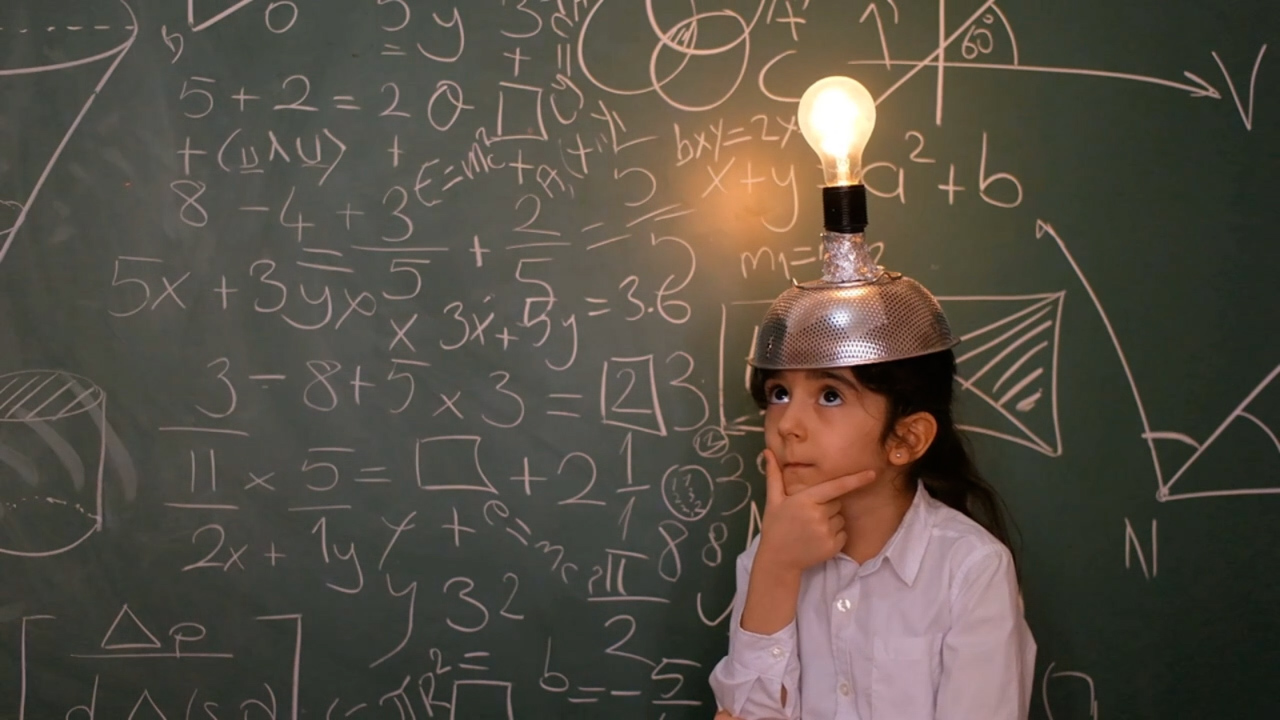The Challenges of Using AI in Education


Since the release of OpenAI’s ChatGPT in November 2022, it has become a revolutionary tool for students and employees. ChatGPT is an Artificial Intelligence (AI) chatbot that can respond to questions about a variety of topics and generate written content. It can write essays, stories, or poems, check software code for errors, answer trivia questions, and even solve maths problems.
The classroom is no exception to the rise of AI usage. Students in particular use ChatGPT to help with their studies: they ask the chatbot to proofread their work, provide introductions and conclusions for essays, or answer questions about course topics they are unsure of. In a November 2023 survey conducted by BestColleges.com, 56% of students admitted to using AI tools to complete an assignment or exam.
But while AI can be a stepping stone to learn something in greater depth, the growing reliance on it has raised concerns about cheating and academic integrity. Some individuals have taken advantage of ChatGPT. Alongside other AI tools, the chatbot is reportedly being used across schools and third level education to write full essays, and some students even go as far as creating art with it.
This is proving to be a problem for teachers and educators. When misused, AI can enable students to plagiarise content or complete assignments without fully understanding the subject matter. They miss out on the chance to develop important skills like research, critical thinking, and writing.
The popularity of AI tools has caused educators to be on high alert for plagiarism. AI detection tools such as Winston AI, Turnitin, and Content at Scale have popped up in response to ChatGPT. They offer subscription services for teachers which gives them the ability to put their students’ work through a tool that identifies suspicious content. This is typically done by finding ‘patterns’ in the text.
However, these tools can’t be completely relied upon; some give inaccurate results and detect plagiarism where it doesn’t exist. This has led to many students being falsely accused of cheating on essays, assessments, and even exams.
There have already been several cases in the United States where teachers have run their students’ final assignments through AI detection tools and returned with false positives of plagiarism. Chatbots even wrongly claimed to have written the assignment themselves. Each time, the affected students were able to prove otherwise because they worked with time-stamped online editors like Google Docs, but this will not always be the case.
With the release of ChatGPT being so recent, everyone is navigating AI tools with fresh eyes. In the same survey by BestColleges.com, 54% of students considered using AI to complete assignments as cheating.
Schools and educators must rely on more than AI to detect its own misuse. Often, intuition and familiarity with a student’s work is a better tell of whether plagiarism has occurred than using software. Text content written by a chatbot tends to be overly complicated or wordy, and of course, lacks the personal touch of anything written by a human. ChatGPT specifically is known for repeating the same information again and again in long content.
Clear guidelines and policies that outline acceptable uses for AI and what happens in cases of suspected cheating should be developed. Students can also be educated about the importance of academic integrity and skills like critical thinking, research, and writing, while teachers can be trained in how to recognise true plagiarism.
The reliance on artificial intelligence has not been without its drawbacks. Striking a balance between leveraging technology to enhance learning and preventing misuse of it is crucial. Only with time can we learn and understand the power of AI and what it can bring to the education system.
Contact IA Labs today for more information on how AI and technology can be used to empower those with disabilities.
How is AI tech like ChatGPT improving digital accessibility?